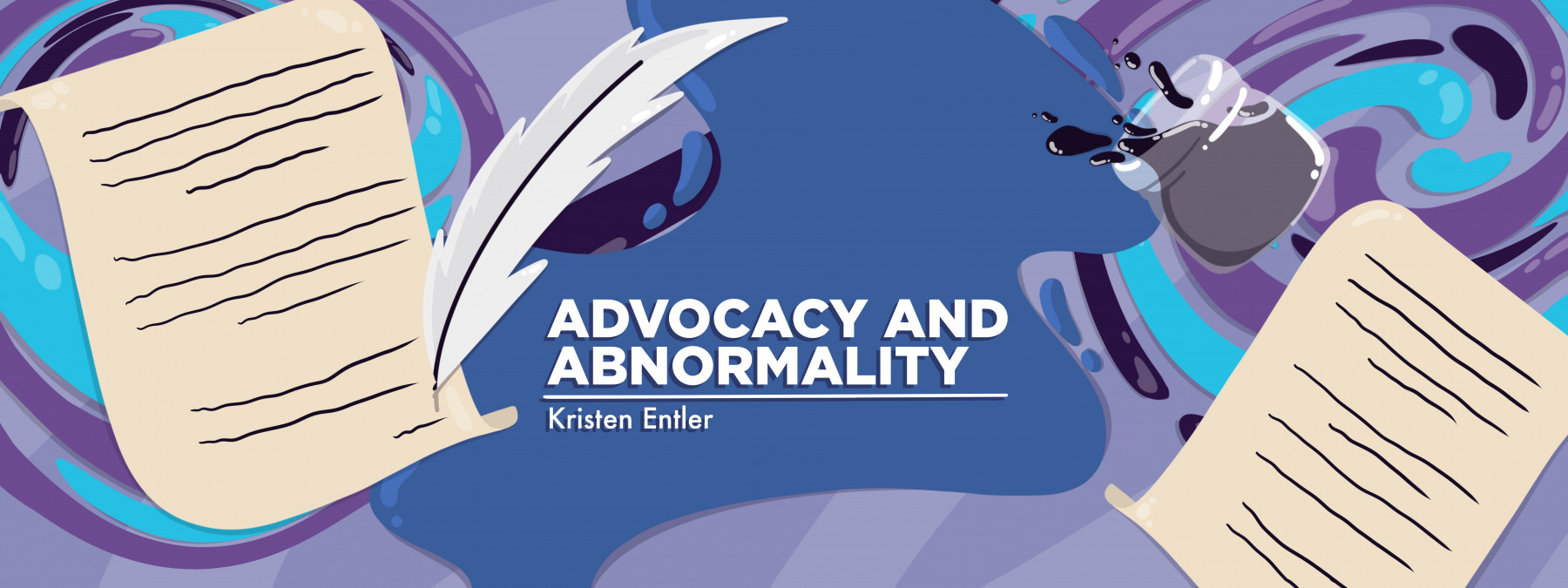The Pros and Cons of Disclosing My Disability
Written by |

I don’t remember why I said what I said to the little girl I had just met on the playground.
“I have something called cystic fibrosis.”
Maybe I was coughing or short of breath. Or maybe we were exchanging secrets in the tunnel bridge. I don’t remember what game we had been playing, or how long I’d been running around with her. But I remember that she suddenly looked afraid of me as her eyes widened. In my hazy memory, she slid away.
I’m sure I’m dramatizing some of this, but I do know the girl left soon after I disclosed my disability. It was like an awkward sitcom moment in which someone scrambles out of the room after pretending to hear their name being called elsewhere. She said her mom would be looking for her.
That was the moment I learned to see cystic fibrosis (CF) as something outside the “norm,” something that made me different than just a peer.
The term “othering” refers to treating someone differently because something about them places them outside the group norm. It often results in that person’s marginalization — they become the “other.” A study by researchers in Israel notes that disabled people are one of the most marginalized groups in Western societies. This marginalization, this feeling of being a stigma, often leads to feelings of isolation and depression.
After my interaction on the playground, I stopped telling new kids I’d meet about my disease. I came up with a rule that the person had to have some level of “staying power” in my life in order for me to disclose my disability to them. I figured if people were going to interact with me regularly, they’d eventually find out.
I’ve carried this rule through job interviews, first dates and hangouts, new college semester introductions, and even bad lung days when I’m worried people will assume my cough is contagious. I always ask the same questions: Should I tell them? If so, how soon?
It’s not necessary by law to disclose medical information to anyone in the workplace, but CF often lands me in the hospital, and it would be unrealistic to think I could hide weeklong hospitalizations or the needle accessing a PowerPort in my chest that connects me to infusions four times a day.
Little by little, I’ve come to realize that someone else’s opinion of my genetics is more a reflection on them than me. But still, there are pros and cons to the timing of disclosing a disability.
Telling someone too early runs the risk of making the person uncomfortable. I think people tend not to like thinking about illness. In some cases, disclosing my illness too soon might cause them to view my disability as my only trait. I’m not a friend, college student and instructor, writer, partner, or daughter — I’m just a woman with cystic fibrosis.
But I worry that waiting too long will make some part of the relationship seem disingenuous, as if I had been hiding some aspect of my life that I should have revealed. I’d want my close friends to feel safe enough to tell me what they carry, so it feels like it’s important for me to offer the same courtesy.
These days, I’ve gone back to my younger playground ways. I’m up front about disclosing my disability. I talk to my college instructors about my diagnoses and the possibility of hospitalizations during the semester. I let my students know the dangers they pose to me if they come to class sick, a point I’ve felt necessary to emphasize during the ongoing COVID-19 pandemic.
I was up front before and felt stigmatized, but I’m finding now that being up front is helping me to accept myself better.
***
Note: Cystic Fibrosis News Today is strictly a news and information website about the disease. It does not provide medical advice, diagnosis, or treatment. This content is not intended to be a substitute for professional medical advice, diagnosis, or treatment. Always seek the advice of your physician or other qualified health provider with any questions you may have regarding a medical condition. Never disregard professional medical advice or delay in seeking it because of something you have read on this website. The opinions expressed in this column are not those of Cystic Fibrosis News Today, or its parent company, Bionews, and are intended to spark discussion about issues pertaining to cystic fibrosis.








Paul met Debbie
Well written Kristin, and very interesting!
I thought about the term "othering" a bit from a distance.
I reported my findings in the Sunday Morning (36) column in the Forum section.
Cheers,
Paul